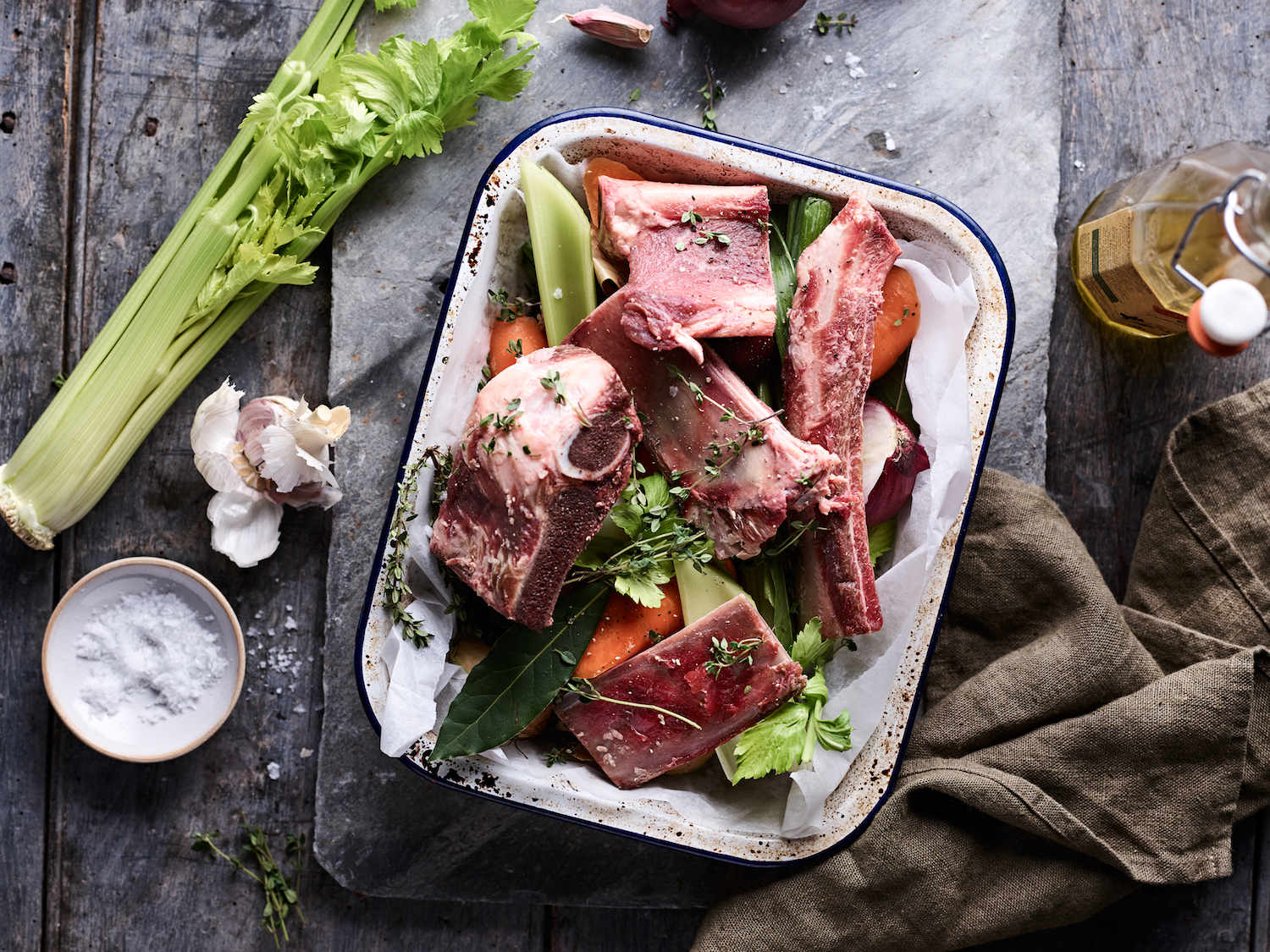One of two articles on upcycling . . . .
Upcycling is especially about reducing food waste – “creating high quality, nutritious food products out of the nutrients that slip through the cracks of our food system.” – Upcycled Food Association. (The Upcycled Food Association is a non-profit trade association focused on reducing food waste by growing the upcycled food economy. www.upcycledfoodassociation )
Experts from Harvard Law School, Drexel University, World Wildlife Fund, Natural Resources Defense Council, ReFED and others officially defined “upcycled food” for use in policy, research and more: “Upcycled foods use ingredients that otherwise would not have gone to human consumption, are procured and produced using verifiable supply chains, and have a positive impact on the environment.”
Here at Taranaki Bio Extracts we’ve been upcycling for 20 years. Upcycling is a central theme in our business’s food philosophy. We believe in sustainable nutrition. For us this is about valuing, and creating value from the entire animal, to create rich nutrition. For many cultures, respecting the life of animals sourced for food means using and appreciating every part of the animal – We’ve been part of this age-old tradition for years. When the processors have removed the prime cuts, we know there’s special value and richness hidden in the meaty beef bones. We create value in new ways by extracting this richness to produce high quality food and technical ingredients – from edible tallow to broths, stocks and extracts.
We contribute to building a more sustainable food system
Historically, beef bones from the New Zealand meat industry were dried into ‘blood and bone’ and sold for fertiliser or chicken feed. Upcycling beef bones means we are transforming what was traditionally considered a waste stream, into nutritious food ingredients.
The innovations of a company like TBE have unlocked a way to extract the protein from the bone and convert it into a tasty and healthful food source for both humans and their pets.
We’re part of a supply chain that starts with New Zealand farmers. Their pasture-based farming systems are known for being world’s best practice. With high biosecurity standards, it means we can offer safe, ethical, and nutritious ingredients to you.
Ends.
